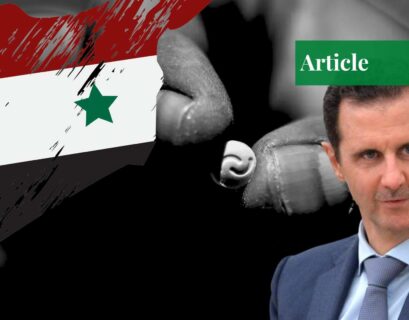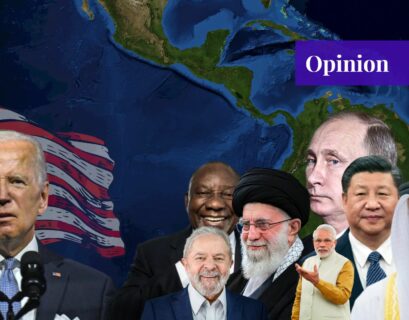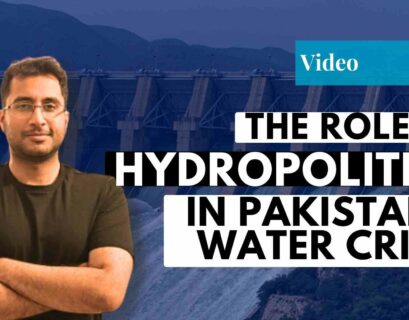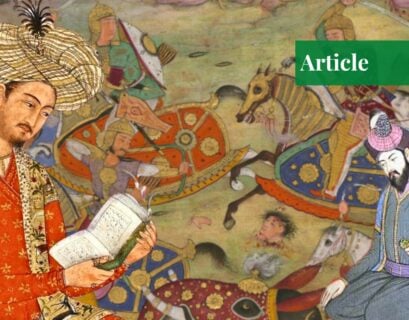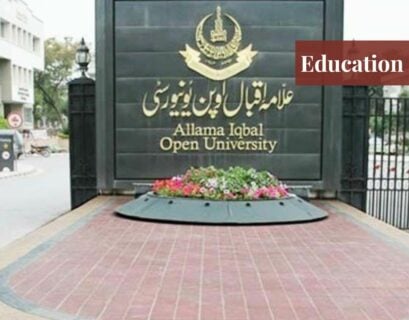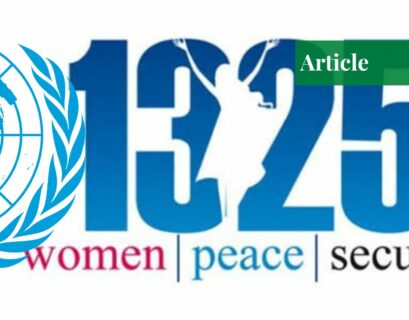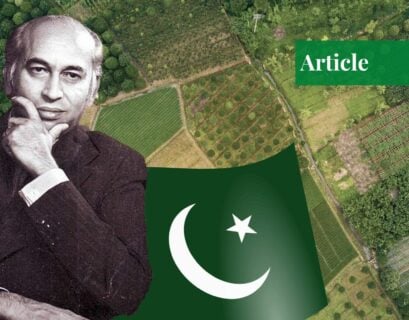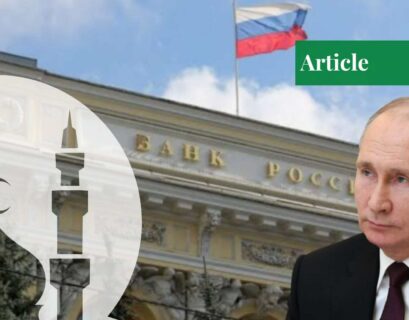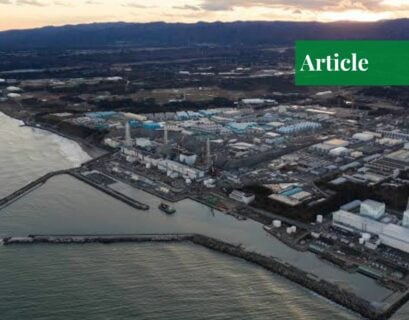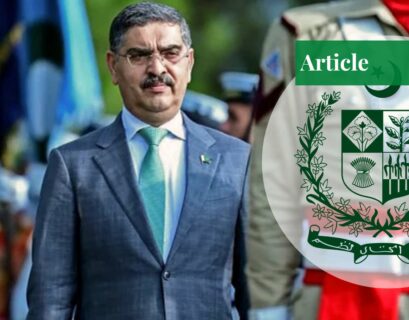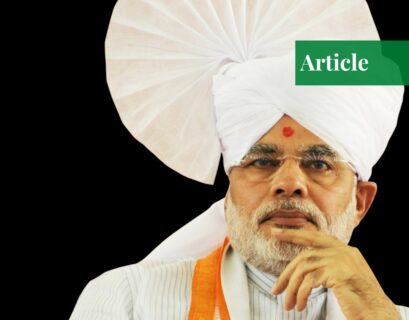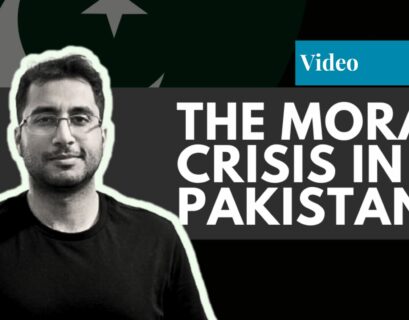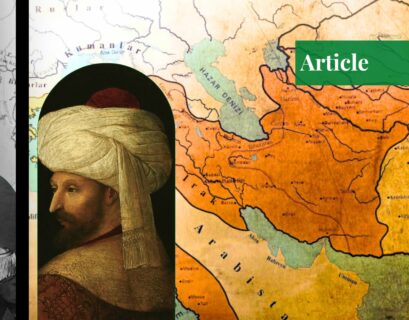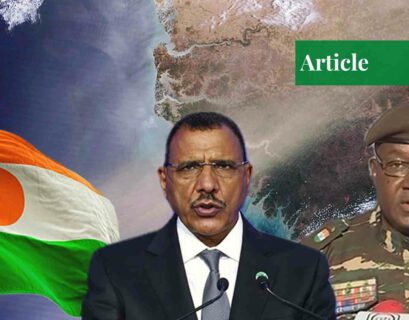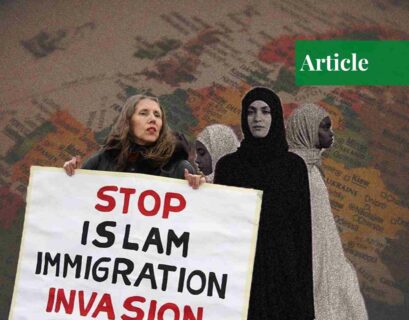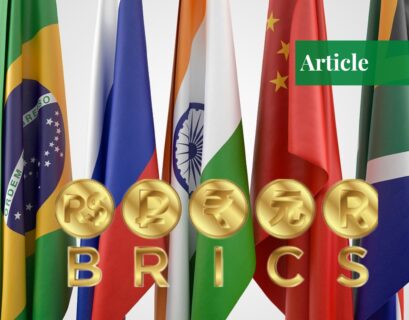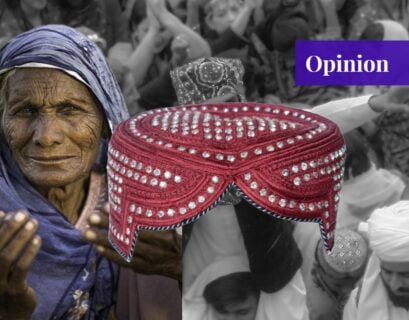Captagon—The Drug Fueling the Syrian Civil War
Captagon is a drug that is currently funding the Syrian civil war. It has become one of the most famous and easily accessible drugs in the black market, especially in the Gulf States.
It was created in the 1960s by a German pharmaceutical company, but its sales have grown exponentially over the past three years.
However, the question is, why is it featured large in diplomatic discussions, especially those involving Arab countries and their relations with Syria?
BRICS’ New Members: Changing Tides & the Impact on the US
BRICS, a group comprising the world’s strongest economies, has been overlooked in the past. However, today, it has emerged on the global political stage as a formidable force.
Aqsa Shaukat assesses the changing dynamics of BRICS to determine whether it will pose a threat to the established Western political order.
From introducing its own currency to welcoming new members, the group is now on its way to achieving independence from Western influence.
[Video] How the Water Crisis in Pakistan is Determined by Hydropolitics
The video points to the fact that Pakistan, a nation heavily reliant on its water resources, is facing an alarming water crisis. From dwindling water levels to increasing demand, the situation is dire, but what many don’t realize is that this crisis is not solely driven by environmental factors; it’s a complex web of politics, diplomacy, and regional dynamics that are exacerbating the situation.
The First Battle of Panipat
The First Battle of Panipat, which took place on April 21, 1526, is remembered as a turning point in Indian history.
Sultan Ibrahim Lodi’s forces and the Mughal Army under Mughal emperor Babur (a descendant of Genghis Khan and Timur) fought a titanic battle. This crucial conflict changed the course of history by establishing Mughal control in the Indian subcontinent.
Interestingly enough, the Mughals introduced gunpowder-powered weapons and field artillery to the Indian subcontinent in this fight, setting new standards for warfare at the time.
Allama Iqbal Open University (AIOU): Pakistan’s Largest Distance Learning Institute
Allama Iqbal Open University(AIOU) is one of the leading universities in Pakistan. It is Asia’s first institution that provides specialized distance learning experiences to students. The prestigious institute has been performing with full zeal since its establishment in 1974.
Importance of Incorporating UN Resolution 1325 in Countering Violent Extremism
Conflicts render women and children utterly vulnerable to violence, harassment, abuse, and the psychological and economic effects of war. In such a volatile environment, women are often forced to step up as the heads of families, and take on odd, if not illegal, jobs for survival. Their experiences also make them more susceptible to radical ideologies.
Yet, the link between gender and conflict resolution, security, and peace is often overlooked. Iman Faisal describes the UN Resolution 1325 to address the dire need for gendered lenses in countering violent extremism, and for establishing comprehensive and inclusive peace.
Land Reforms of Zulfikar Ali Bhutto
Land reforms in Pakistan have been a contested issue for years. Since the era of General Ayub Khan, efforts to introduce land reforms for a more just distribution of property have been witnessed in Pakistan. The Zulfikar Ali Bhutto regime introduced two land reform acts (in 1972 and 1977) targeting land ownership, redistribution, and landlord-tenant relationships. Laiba Umer Malik analyzes the effects of Bhutto’s land reforms and the issues in their implementation in an effort to address why unequal property rights still linger in Pakistan.
Why is Russia Rolling Out Islamic Banking?
It was certainly a surprise when the Russian parliament’s lower chamber approved the bill allowing the introduction of the Islamic banking system.
The trial will start on 1st September and last for two years, but with the possibility of an extension depending on the results. Russia’s engagement in developing Islamic banks is a sign of its ambitions to seize new economic possibilities and improve connections with nations with a Muslim majority.
Fukushima Water Discharge Controversy
A disastrous tsunami followed the 2011 earthquake in Japan, causing disruption to the reactors at the Fukushima nuclear plant site. As a consequence, there was a release of radioactive material.
Japan has now decided to release treated radioactive water into the Pacific, but China, South Korea, and the Pacific Island nations are opposing the discharge of the Fukushima water.
The Caretaker Government in Pakistan
The international arena today is dominated by democratic political systems which prompt the election of leaders by the will of the people. The purpose of democracy is to ensure a social contract that guarantees an informed decision on the part of the population. During the period of transition, the country is run by a caretaker or interim government that is responsible for the temporary management of people’s affairs and for overseeing the election process. On 14th August 2023, Anwarul Haq Kakar was sworn in as the caretaker Prime Minister. With PM Kakar also came a 16-member caretaker federal cabinet. Is the caretaker government expected to overstay its term?
Modi’s Uniform Civil Code: A Threat to the Muslims of India
Indian Prime Minister Narendra Modi has once again become a topic of discussion as he’s decided to bring up the long-debated Indian civil code before the national elections. The Uniform Civil Code (UCC) will mean a set of common personal laws for all the country’s citizens regardless of their religion. Clearly, he wants to use this legislative appeal to sway a majority of the masses in his direction, but is that the predicted outcome? Ideological dissent is making headway in India, and this move by the BJP is threatening the longstanding Indian claim of being the world’s largest secular democracy.
[Video] Pakistan’s Moral Dilemma
In a thought-provoking exploration of Pakistan’s moral landscape, this video delves into the intriguing article “The Moral Crisis in Pakistan”. Join us as we journey through the complex web of cultural dynamics, societal values, and discrepancies between words and actions.
Fall of the Ottoman Empire & the Emergence of Nation States
To comprehend the fall of the Ottoman Empire, it is essential to examine not only the events that led to this significant shift but also those that followed the collapse. The authors provide a concise overview of the events preceding the empire’s fall, such as the Young Turk Revolution, the Balkan Wars, and WWI, among others. They also evaluate the various agreements and events that contributed to the emergence of nation-states and their international boundaries.
Niger Coup & Its Threat to West Africa
On 26th July 2023, a coup occurred in Niger which left the democratically elected president, Mohamed Bazoum, detained by the presidential guards in the presidential palace.
The presidential guard commander-general, Abdourahamane Tchiani, proclaimed himself the head of a transitional government, the National Council for the Safeguard of the Homeland.
This one coup has overturned the whole social, political, and economic paradigm of Western Africa.
Examining the Rising Islamophobic Sentiments in Europe
In recent years, Europe has witnessed a disheartening rise in Islamophobia, imposing far-reaching consequences on individuals, communities, and societies as a whole. Europe’s Islamophobic wave has led to Muslim communities experiencing an immense amount of discrimination, hate crimes, and marginalization. When it comes to Islam, freedom of speech has been reduced to an excuse for committing hate crimes.
Fatimah Naeem provides a comprehensive analysis of the causes and consequences of Islamophobia in Europe, and the responses to it. She aims to foster awareness and understanding of this multifaceted issue to encourage constructive dialogue and efforts towards a more tolerant and inclusive European society.
BRICS Currency: Reshaping Global Economics
Sibra Waseem asserts that the US interest rate rise, monetary policy, and geopolitical tensions on global trade prices have fed the move for a BRICS currency. Where approximately 88% of worldwide commerce is currently handled in US dollars and accounts for 58% of global foreign exchange reserves, the BRICS currency would certainly shift the tides of geoeconomics. She, however, notes that the possibility of a BRICS currrency is marred by tensions between states comprising the powerful bloc.
Feudalism in Sindh’s Politics: Empowerment or Impediment?
Muhammad Shahbaz Rajper delves into the intricate web of feudalism in Sindh. He unearths the historical roots and impact of feudal beliefs on the province’s political landscape, examining whether feudalism has empowered the people or posed a formidable obstacle to progress and development.
He discovers the harsh realities of bonded labor, ethnic tensions, and dynastic politics, and understands the urgent need for dismantling this system to pave the way for a more inclusive and prosperous future for all in Sindh.
